Humanism • Spirituality • Well-being
-
0
Product
Products
No products
To be determined
Shipping
0,00 €
Total
Prices are tax included
Product successfully added to your shopping cart
Quantity
Total
There are 0 items in your cart. There is 1 item in your cart.
Total products
(tax incl.)
Total shipping (tax incl.)
To be determined
La fin du hasard
Was the universe born by chance? Or instead does it follow a plan? The Bogdanov brothers present the scientific discoveries which have occurred since Einstein, whether they suggest chance, or the existence of laws whose origins remain mysterious... Therefore we arrive at the question of the existence of God
Description
Was the universe born by chance? Or instead does creation follow a plan? For certain scientists, the mysterious behaviour of elementary particles suggests a type of matter which is the product of blind chance. For others, the universe is governed by laws. But above and beyond this controversy, it is actually the question of the existence of God which is at stake. As if the universe is subject to universal and immutable laws, who wrote them? In contrast, if the world is at the mercy of blind chance, God is no longer necessary. It is this ever topical debate which the Bogdanov brothers relate in their latest work. Their story about chance starts at the beginning of the Twentieth Century, when Albert Einstein declares, contrary to popular scientific opinion, that “God doesn't play dice”, thereby condemning the notion of a world governed by chance. With their characteristic, eye-opening approach, the two writers describe the sequence of scientific discoveries and their philosophical implications, some supporting the notion of chance and uncertainty, the others the existence of laws whose origins remain mysterious. The latest scientific findings nevertheless show that the Big Bang did not occur by chance… TABLE OF CONTENTS EXTRACT• Poincaré against chance• The arrow of order• God doesn’t play dice• The secret of Pi• The butterfly effect• Beating chance• The programme of chance• The forbidden order• The anti-Big Bang• The order of absolute zero• Towards the first light• Towards the echo of the Big Bang• The order of the first light• Dark energy: on the order before the Big Bang
Characteristics
| Author | IGOR ET GRICHKA BOGDANOV | |
| Editor | GRASSET | |
| Number of pages | 299 | |
| Type of book | Broché | |
| Language | French | |
| Dimensions | 13 x 20,5 |
Sprit - Conscience
-
Books
- Western traditions
-
Western mystical authors
- Bacon Francis
- Boehme Jacob
- Bruno Giordano
- Davy Marie-Madeleine
- Desjardins Arnaud
- Dürckheim Karlfried Graf
- Eckartshausen Karl von
- Lévi Eliphas
- Maier Michael
- Maître Philippe
- Mystiques chrétiens
- Papus
- Paracelse
- Pic de la Mirandole Jean
- Saint-Yves d'Alveydre Alexandre
- Schwaller de Lubicz René Adolphe et Isha
- Sédir
- Souzenelle Annick de
- Steiner Rudolf
- Swedenborg Emmanuel
- Teilhard de Chardin, Pierre
- Vinci Léonard de
- Oriental traditions
- Oriental mystical authors
- Other traditions
- Religions
- Symbolism - Wisdom- Spiritual practices
- Philosophy- Utopias
- Prayer - Meditation- Visualisation
- Science and spirituality
- Gift books
- Arts divers (Peinture - Sculpture - Architecture - Danse ...)
- Music
- Novels - Tales - Poems
- Biographies
- Audiobooks
- Health
- Psychology
- Inner fulfilment
- Children' s books
- Death - NDE - Palliative care (support to the terminally-ill)
- Reincarnation - Karma
- Ecology - Nature
- Feng Shui - Geobiology
- Tarots - Pendulums
- Foreign mystical literature
- Coffee-table books
- Rosicrucian books
- Martinist books
- Incense
- Ritual objects
- Music
- Health and well-being
-
Gift Ideas
- Traditional objects
- L'esprit de la Chevalerie &
- Nature
- Terrestrial, celestial, and planetary globes
- Le plaisir d'écrire
- Postcards - Stationery
- Candles - Candle holders - Candle snuffers
- Parfums d'intérieur
- Jewellery
-
Christmas 2024
- Ces petits riens qui ont le parfum du bonheur
- Nature
- Universe
- Music for the soul
- Jewels
- Les mots pour le dire
- Messages de ...
- Parfum de rose
- Incense fragrances
- The pleasure of reading
- Mythes et contes
- Les petits Platons
- Egypt, land of Tradition
- On the routes of the Orient
- The country of childhood
- The world of fragrance
- Créez votre bougie
- Christmas
- Christmas candles
- Greetings cards
- Home and garden decoration
- Children
- Divinatory arts
- Rosicrucian and Martinist items
from 95€
change your mind
payment






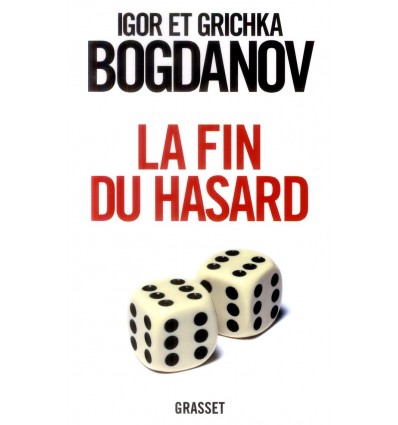


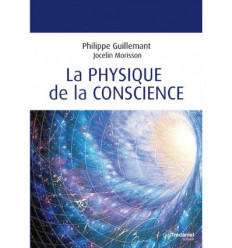

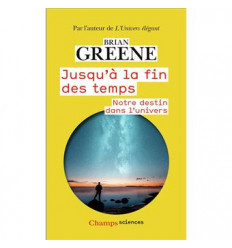
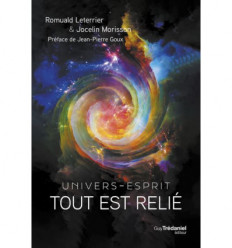
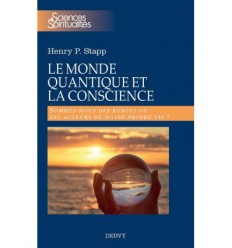
Follow us